Mark Zuckerberg apologizes to families over social media harms in contentious Senate hearing
Mom whose son died from fentanyl-laced pill ordered on Snapchat slams CEO apology as ‘fake’
Bridgette Norring, a mother whose son died from an accidental fentanyl overdose after ordering a pill off of Snapchat, slammed the apology she received today from Snapchat CEO Evan Spiegel as “fake.”
“I just feel like for them, our children are just casualties, pawns, in this game to make money,” Norring said.
Norring appeared on CNN News Central shortly after the hearing concluded alongside Sen. Amy Klobuchar, a Democrat from Minnesota. She held a picture of her son, Devin Norring, as she spoke, with the emotion apparent in her voice.
Klobuchar was visibly shaken during the hearing, calling for lawmakers to finally enact change after what she said was decades of inaction on legislation aimed at reeling in social media companies.
“I just want to get this stuff done, I’m so tired of this,” Klobuchar told CNN News Central. “It’s been 28 years, what since the internet? We haven’t passed any of these bills … it’s time to actually pass them.”
Here’s why it’s hard to sue social media platforms
During Wednesday’s hearing, several lawmakers lamented the fact that it’s nearly impossible to successfully sue the social media giants to hold them accountable for problematic content on their platforms.
“I am tired of talking. I’m tired of having discussions,” South Carolina Republican Sen. Lindsey Graham said. “Open up the courthouse door. Until you do that, nothing will change. Until these people can be sued for the damage they’re doing, it is all talk.”
The reason it’s so hard to sue social media platforms is a 28-year-old federal law called “Section 230,” which holds that tech companies cannot be held liable for the content that users post to their platforms.
The statute has for years been criticized by both Republicans and Democrats. But tech companies and digital rights groups have defended as vital to a functioning internet.
On Wednesday, lawmakers called for the repeal of Section 230.
“It is now time to make sure that the people who are holding up the signs can sue on behalf of their loved ones. Nothing will change until the courtroom door is open to victims and social media,” Graham said.
New Mexico attorney general says Zuckerberg “needs to start acting like a parent”
In a press conference on the Capitol grounds, New Mexico Attorney General Raúl Torrez described testimony by Zuckerberg and other tech CEOs as a “command performance” but said that parents can attest that the platforms “aren’t living up to their promises.”
Zuckerberg, he said, “needs to start acting like a parent. He has kids himself. He needs to start acting like that.”
“When he builds these platforms, when he makes these decisions, he needs to think about what it would be like to have his son or daughter exposed to this,” Torrez continued. “He needs to think about what it would be like to live through the pain and heartbreak that these parents have had to endure. He needs to really take a step back and evaluate his priorities and start helping us build a better future and stop fighting, real change.”
Families and victims were a massive force in today’s hearing

The families of people harmed by social media proved to be an immense force in Wednesday’s hearing.
Through applause, laughter at CEO testimony, hisses and moments of silence, the parents who say their children suffered or died as a result of social media served as a key foil. They drove tensions higher and in some cases appeared to fuel the attacks of lawmakers against the CEOs.
Congress has held many tech CEO hearings. But more than any other, the presence of so many parents in the room transformed the hearing and injected an unprecedented sense of urgency.
Zuckerberg apology was “mindblowing,” Facebook whistleblower Frances Haugen tells CNN
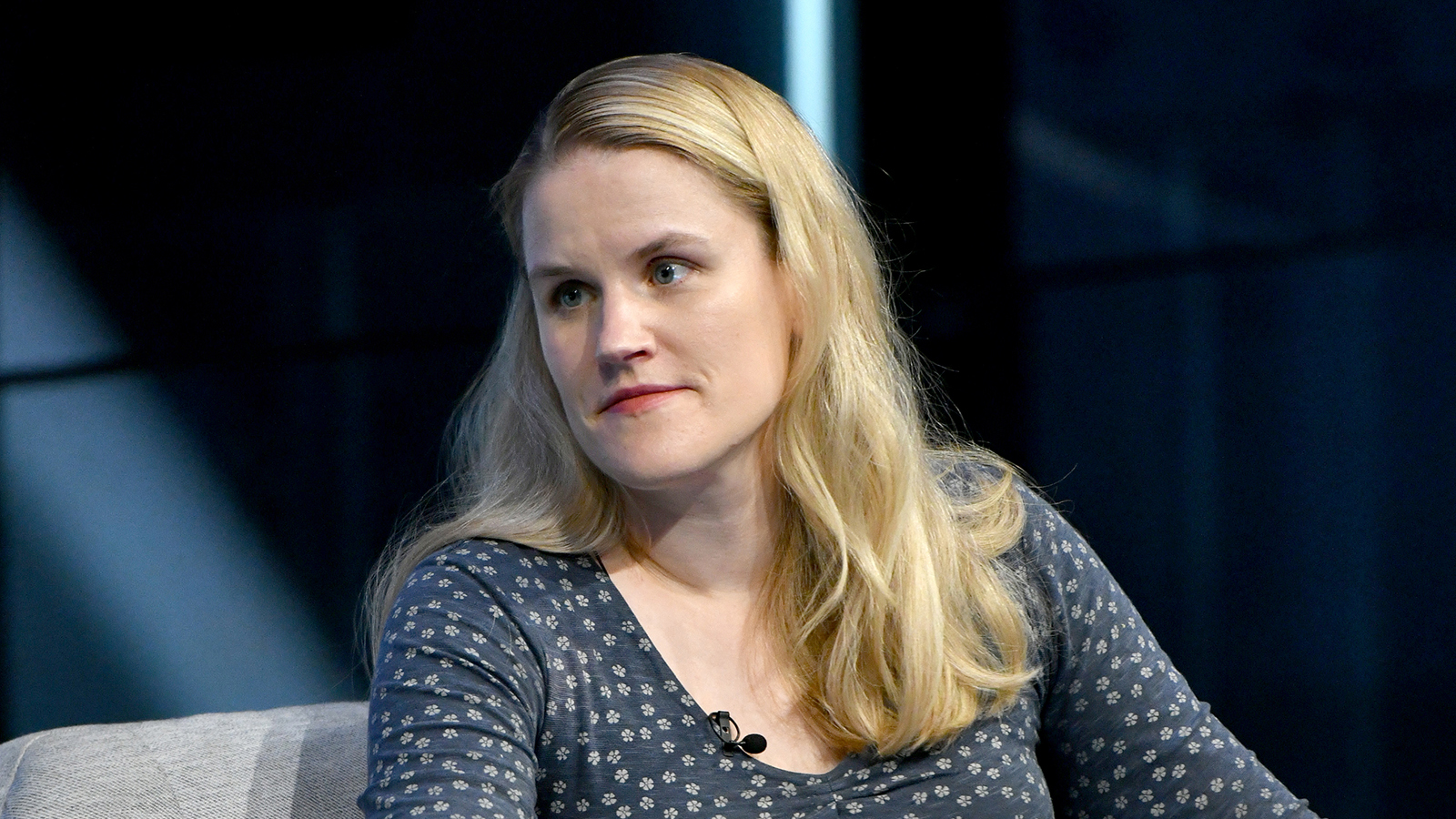
The Facebook whistleblower who kicked off years of scrutiny on the impact of social media on teens said Mark Zuckerberg’s apology to parents was “mindblowing.”
Today’s hearing would have been inconceivable just a handful of years ago, she said, when lawmakers were asking Zuckerberg basic questions about how his company makes money.
“Almost every hearing since has been substantially more meaningful, and they’ve asked more insightful questions, more relevant questions. This was four hours long, and there were maybe 20 minutes where I was like, ‘Do you really know what you’re asking?’ And that’s amazing.”
Asked about the potential for legislation to move forward, Haugen said she would be surprised if “we make it through another [electoral] cycle where we don’t see something.”
Here’s a recap of the key moments from the hearing
From CNN’s Brian Fung and Clare Duffy
The Senate Judiciary Committee’s grilling of four social media executives produced some notable moments. Here are a few:
Zuckerberg, Spiegel personally apologize to families: Meta CEO Zuckerberg stood to apologize to the families in the hearing room. “I’m sorry for everything you have all been through,” he said. “No one should go through the things that your families have suffered and this is why we invest so much and we are going to continue doing industry-wide efforts to make sure no one has to go through the things your families have had to suffer.”
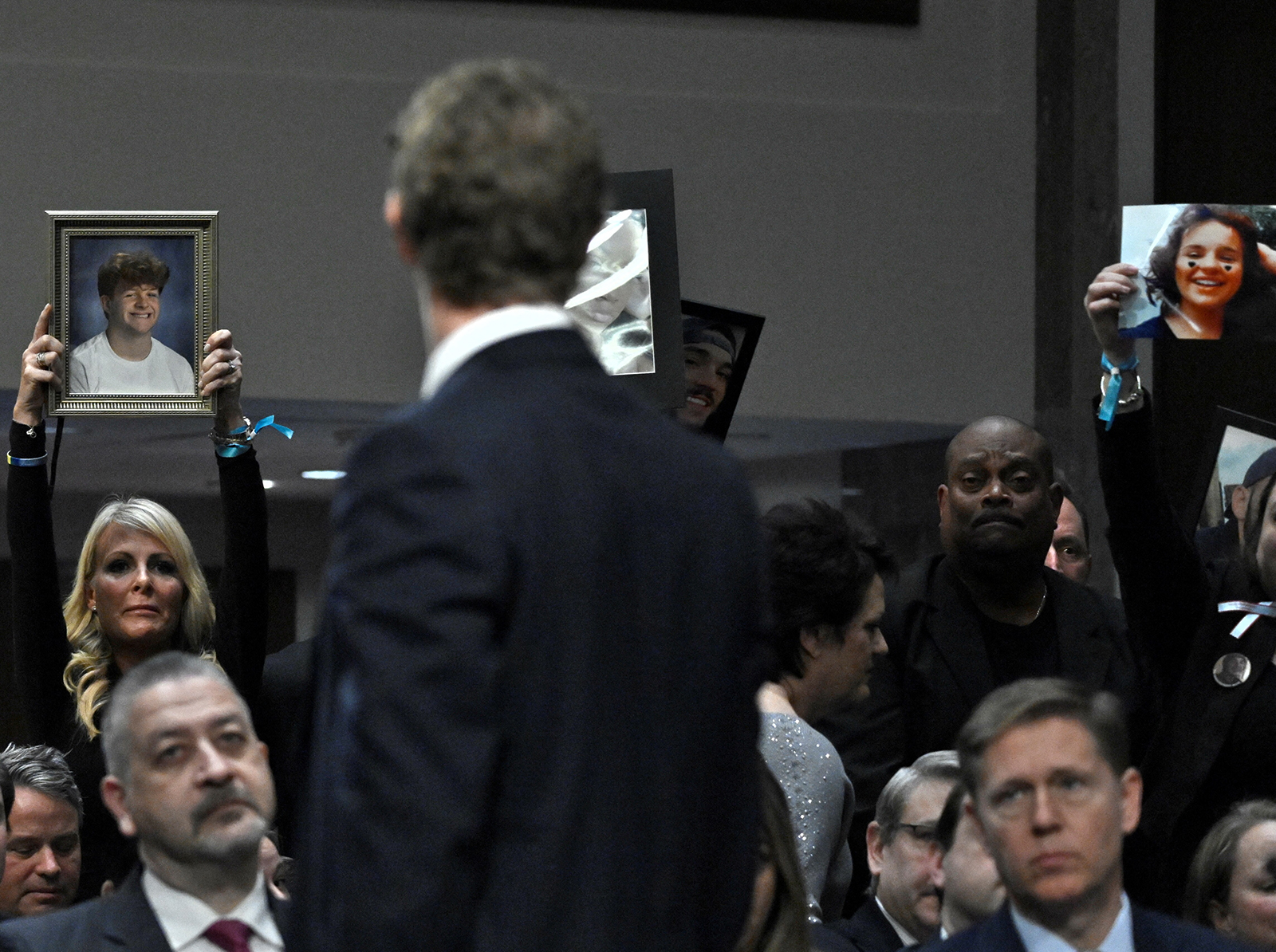
Snap CEO Evan Spiegel also apologized to families whose children have died after they purchased drugs on Snapchat. “I’m so sorry that we have not been able to prevent these tragedies,” Spiegel said, before detailing some of the efforts the company takes to protect young users.
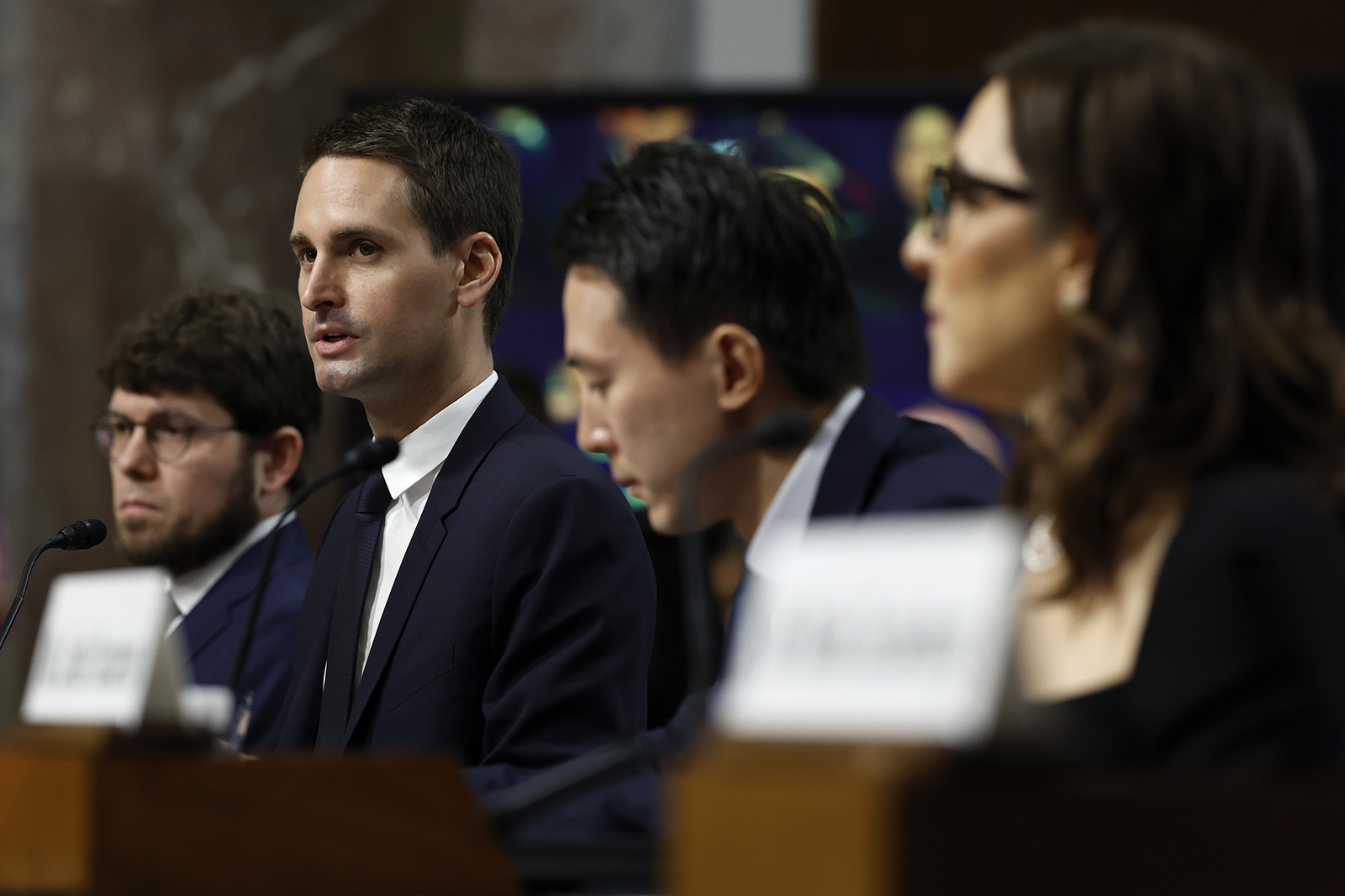
“The dark side” of social media products “is too great”: Social media companies have created products that have an upside, but they also have a dark side that is “too great to live with,” Republican Sen. Lindsey Graham said Wednesday while grilling chief executives of four such companies. Until social media companies are sued for the damage they are doing, Graham warned that there will be no change.
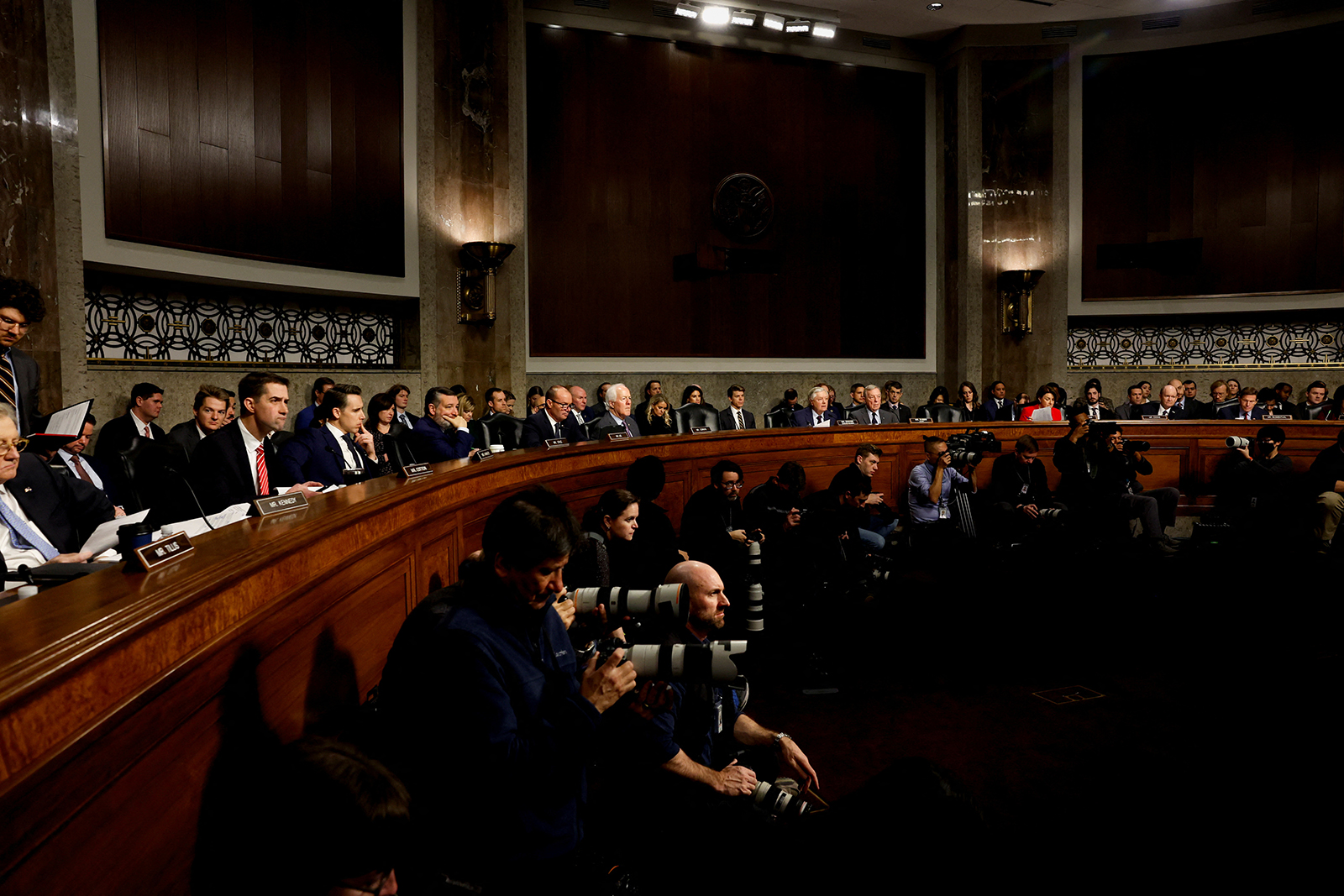
Hating social media companies is a rare unifying force on Capitol Hill: Wednesday’s hearing again demonstrates the breadth of criticism for social media companies among lawmakers, a rare bipartisan topic on Capitol Hill. Despite both parties’ appetite for going after tech platforms, however, Congress has yet to pass meaningful legislation to regulate social media companies. Most of the action has taken place in state legislatures and in the courts, which have become battlegrounds for new policies including age minimums for social media.
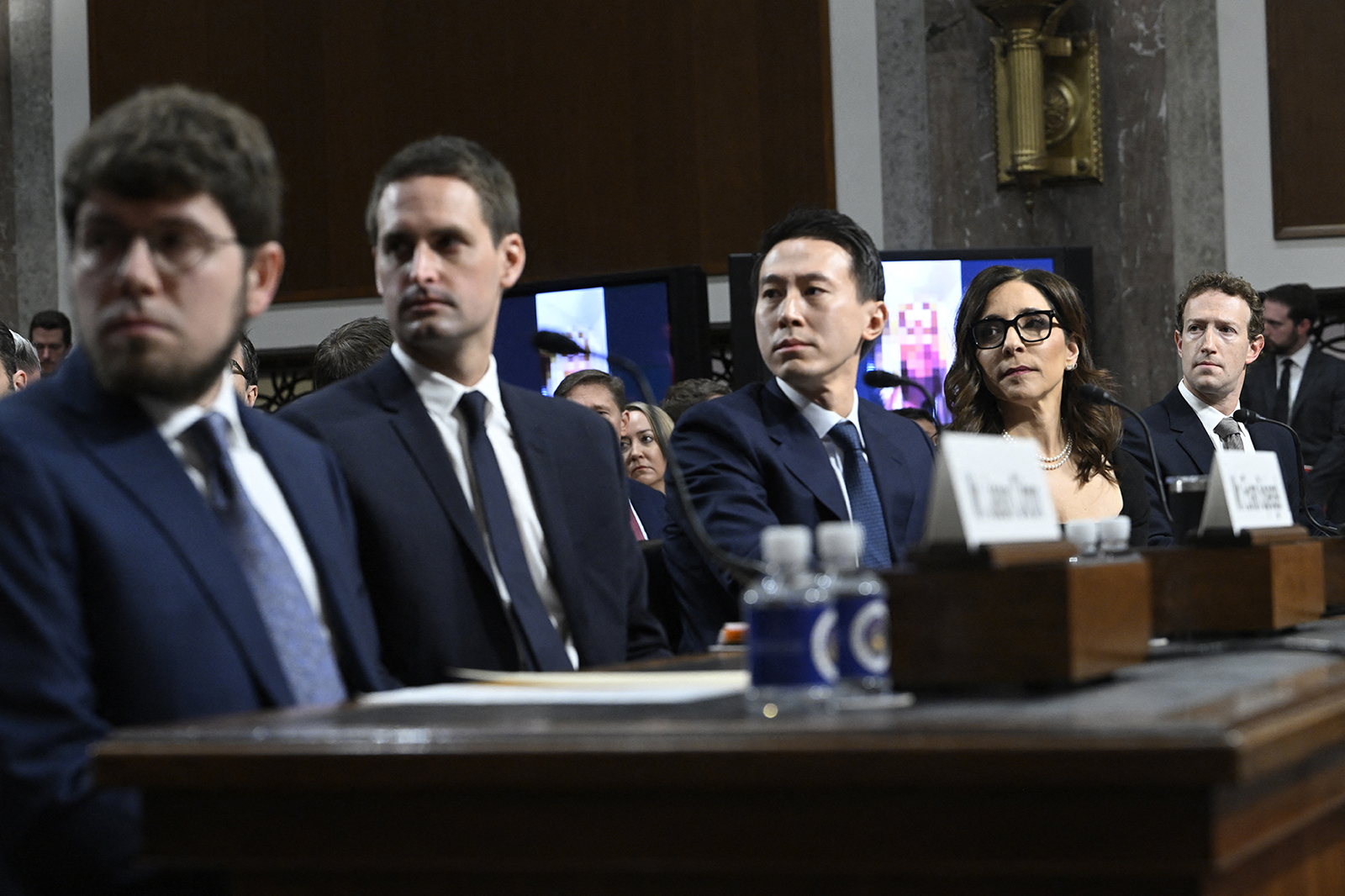
Meta platforms have become “killing field for the truth,” GOP Sen. Kennedy says
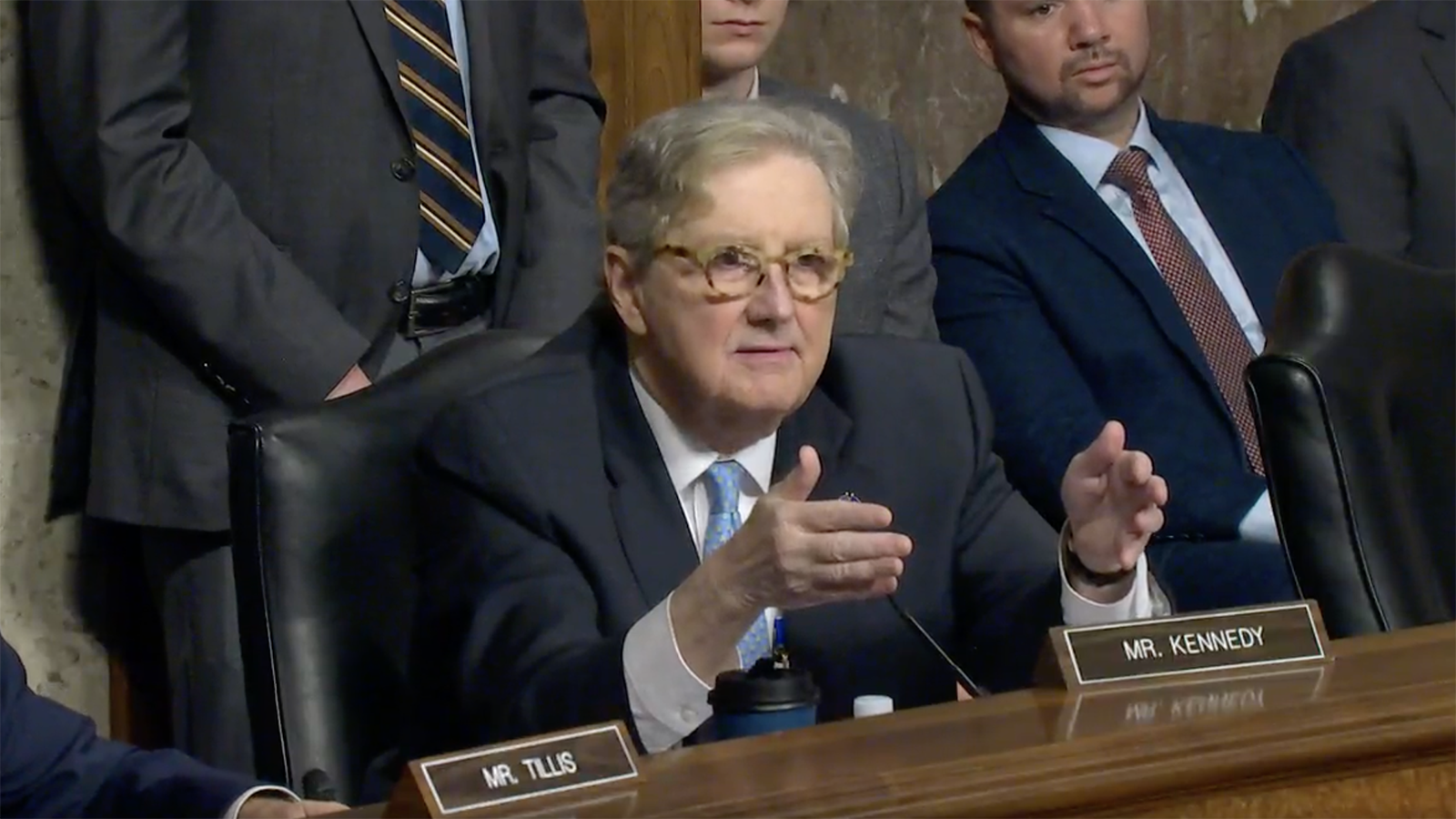
Louisiana Republican Sen. John Kennedy said Meta platforms have become a “killing field of information” where users “see only one side of an issue.”
“You have convinced over 2 billion people to give up all of their personal information — every bit of it — in exchange for getting to see what their high school friends had for dinner Saturday night,” he said. “And you take this information, this abundance of personal information and then you develop algorithms to punch people’s hot buttons … again and again and again, to keep them coming back and to keep them staying longer. And as a result, your users see only one side of an issue, and so to some extent, your platform has become a killing field for the truth, isn’t it?”
Zuckerberg rejected this characterization of his business.
In this environment, Kennedy claimed, the platforms can become a “cesspool of snark.”
Asking if Facebook makes it clear to its users how their data is monetized by the platform, Kennedy said, “Does your user agreement still suck?”
This prompted some laughter in the room.
Zuckerberg said people get the basics of how social media works.
“You’re in the foothills of creepy.You track people who aren’t even Facebook users,” Kennedy said. “I just wonder if if our technology is greater than our humanity in the interest of this funnel.”
In conclusion, Kennedy told Zuckerberg, “If you think that Instagram is not hurting millions of our young people, particularly young teens, particularly young women, you shouldn’t be driving.”





